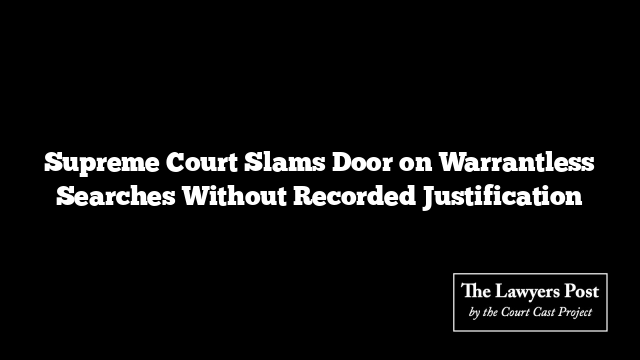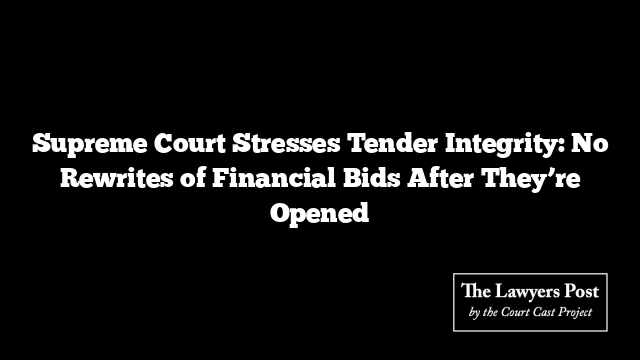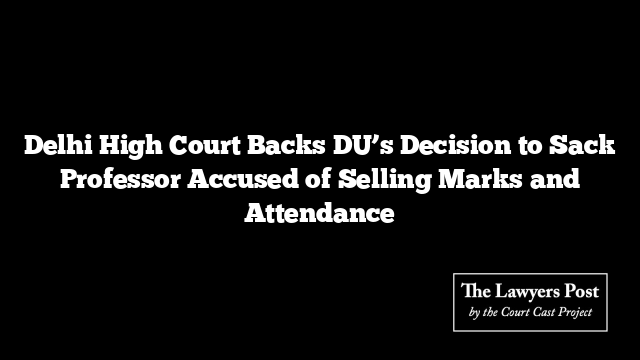The Supreme Court has laid down a firm line: if authorities want to conduct a search under special laws without a warrant, they must first put their reasons on record. No shortcuts, no guesswork, no fishing expeditions.
Drawing strength from Section 165 of the Criminal Procedure Code (mirrored as Section 185 in the BNSS), the Court declared that “reasons to believe” cannot be left to assumption or vague suspicion. Instead, they must reflect careful application of mind, backed either by credible information or direct knowledge.
The ruling, delivered by Justices JB Pardiwala and R Mahadevan, came in a dispute under the Legal Metrology Act, 2009. Authorities had stormed into a commercial warehouse belonging to ITC Limited during business hours, seizing 7,600 wholesale packages of Classmate exercise books over alleged violations. The catch? They neither sought a warrant nor bothered to record why such an intrusive step was needed.
The bench was unsparing: the entire exercise was illegal and unsustainable. Both the Legal Metrology Act and the CrPC, the judges stressed, build in safeguards precisely to prevent arbitrary searches. Even if urgency makes getting a warrant impossible, officers are not exempt from recording detailed reasons. Section 100 of the CrPC, the Court added, continues to govern such scenarios.
“The law demands more than mere suspicion,” the Court observed. “There must be reasons—clear, relevant, and substantial—before power is exercised. And those reasons must be written down.”
The verdict makes it clear that under Section 15 of the Legal Metrology Act, authorities cannot blur the line between “inspection” and “search.” Without a proper search, seizure has no legal legs to stand on. And whether the premises are open warehouses or locked godowns, the procedure under the CrPC still applies.
By reinforcing these principles, the Court has effectively shielded businesses and citizens from unchecked State power. Searches may still happen—but only when necessity is real, reasons are recorded, and the law is strictly followed.





